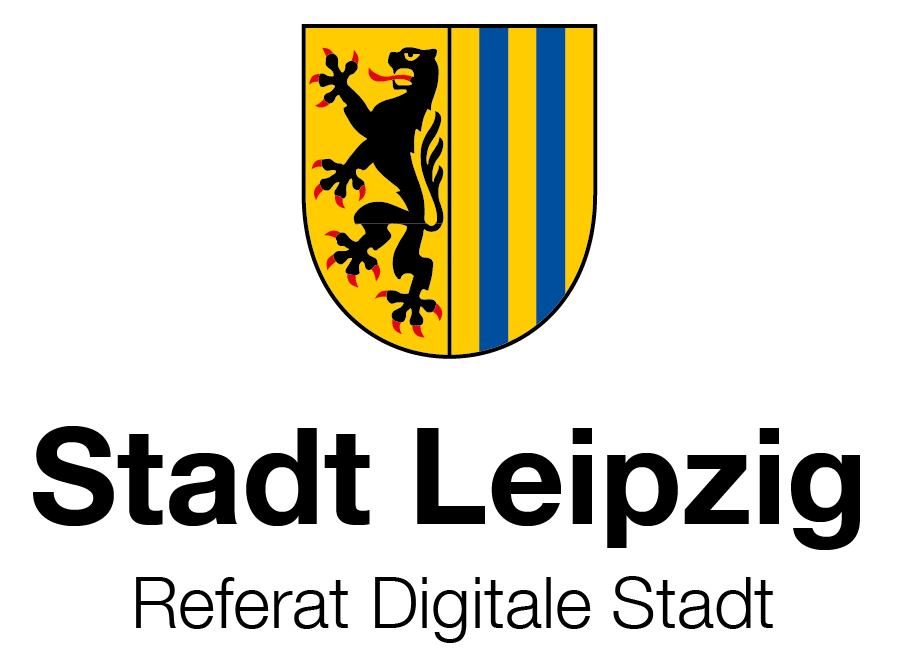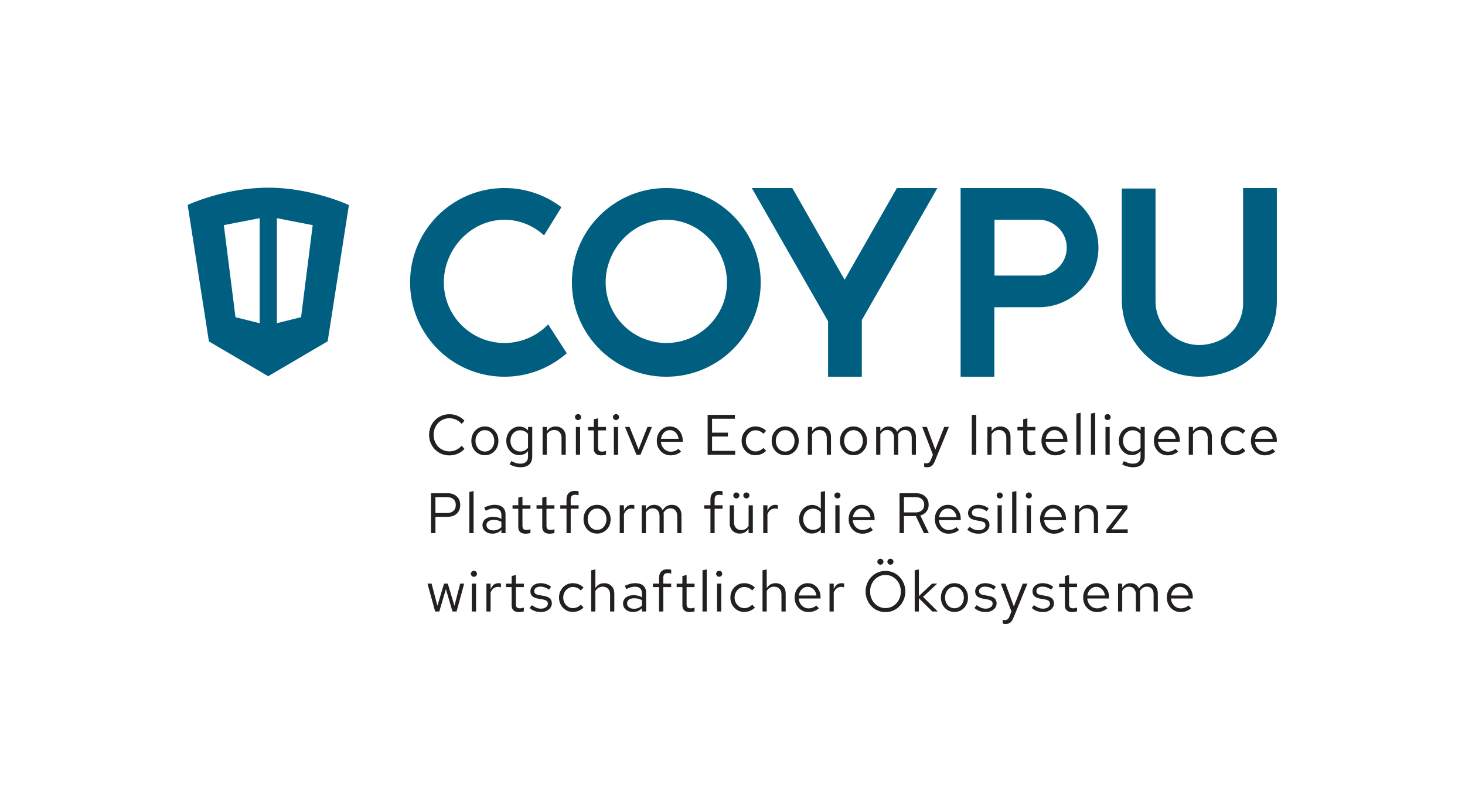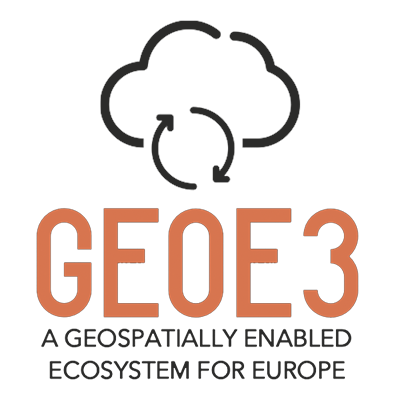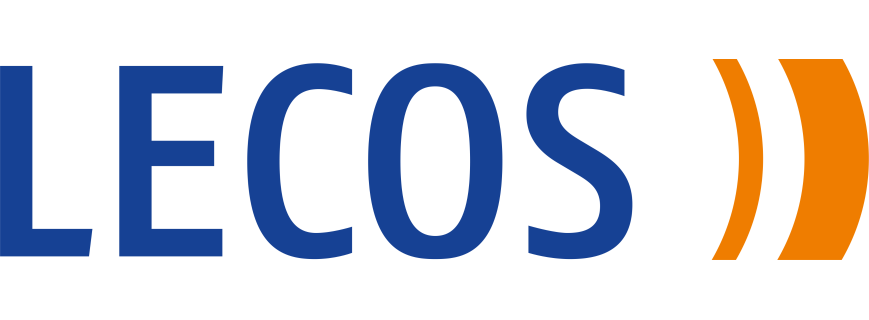The Program
08:30
Admission
- | Wandelhalle |
09:00
ScaDS.AI Training on the theoretical foundations of AI/ML
- | Room 259 | German
The training is aimed at those who want to take their first steps in Artificial Intelligence (AI) / Machine Learning (ML) and get to know the corresponding application possibilities. During the training, basic principles of AI/ML as well as various methods of supervised and unsupervised ML are taught, as well as the procedure for training and evaluating ML models. Finally, what has been learned will be applied to an example using the Python programming language and corresponding libraries (including Pandas, Scikit-learn). No prerequisites necessary.
10:30
Coffee break
- | Wandelhalle |
Posters and Stands
11:00
ScaDS.AI Training on the theoretical foundations of AI/ML
- | Room 259 | German
The training is aimed at those who want to take their first steps in Artificial Intelligence (AI) / Machine Learning (ML) and get to know the corresponding application possibilities. During the training, basic principles of AI/ML as well as various methods of supervised and unsupervised ML are taught, as well as the procedure for training and evaluating ML models. Finally, what has been learned will be applied to an example using the Python programming language and corresponding libraries (including Pandas, Scikit-learn). No prerequisites necessary.
12:30
Lunch break
- | Wandelhalle |
13:30
Alexander Thamm Training
- | Room 259 | German
In the training, the creation of a synthetic dataset suitable for the use case will be explained and presented. Using the already prepared images, the participants will then implement and train Convolutional Neural Networks (CNNs) that recognize the extent of graffiti in relation to the image area. The learning goal is to develop a sense of the strengths and weaknesses of neural networks in image analysis, in addition to “hands-on” testing of CNNs including tuning of hyperparameters. This will be done within the classic data science life cycle of data pre-processing, model implementation, model evaluation, and error analysis. Prerequisite for participation is rudimentary Python knowledge - or experience with other programming languages.
15:00
Coffee break
- | Wandelhalle |
15:30
Alexander Thamm Training
- | Room 259 | German
In the training, the creation of a synthetic dataset suitable for the use case will be explained and presented. Using the already prepared images, the participants will then implement and train Convolutional Neural Networks (CNNs) that recognize the extent of graffiti in relation to the image area. The learning goal is to develop a sense of the strengths and weaknesses of neural networks in image analysis, in addition to “hands-on” testing of CNNs including tuning of hyperparameters. This will be done within the classic data science life cycle of data pre-processing, model implementation, model evaluation, and error analysis. Prerequisite for participation is rudimentary Python knowledge - or experience with other programming languages.




















